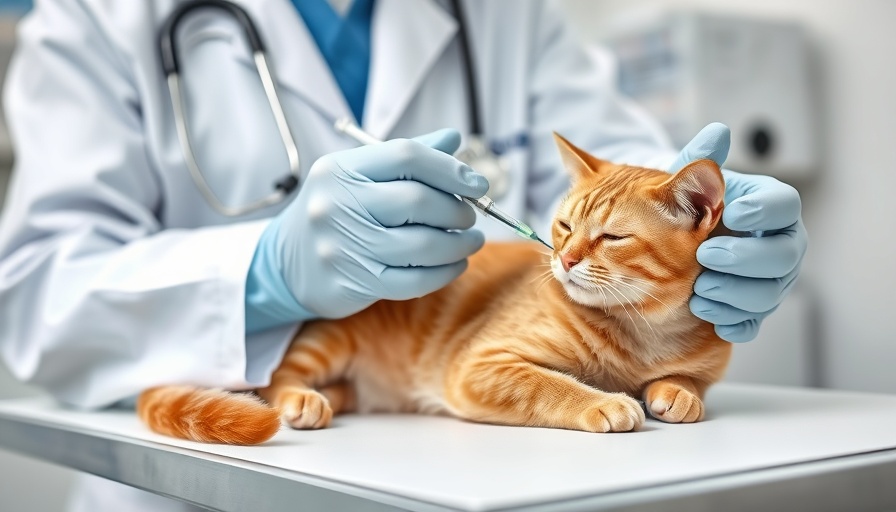
Understanding Pet Insurance Coverage: Do Vaccines Make the Cut?
As a responsible pet owner, you're probably well aware of the importance of keeping your furry friend up-to-date on vaccinations. However, when it comes to pet insurance, many pet owners find themselves asking crucial questions: Does pet insurance cover vaccines? Understanding the intricacies of policy coverage can be a bit daunting, but clarifying these aspects is essential for budgeting and ensuring your pet's health.
Navigating the World of Pet Insurance
Pet insurance plans can vary significantly in terms of coverage. While most common health issues are typically covered, the specifics can diverge widely depending on the provider. Many insurance companies consider vaccines as preventative care, which can either be covered or excluded based on the policy's terms. Hence, it is imperative to read through your policy or consult directly with your insurance provider to know where vaccinations stand.
Vaccination Types and Their Costs
Vaccines protect pets against numerous diseases, ranging from rabies to parvovirus, with costs often differing based on geographic location and veterinary practice. For instance, dog vaccinations can cost between $75 and $100, while feline vaccines may be slightly less expensive. The preventative nature of these vaccines might lead some insurance providers to not cover them directly, but they can play an essential role in the overall health of a pet.
Exploring Common Misconceptions About Pet Insurance
One significant misconception among pet owners is that all pet insurance is created equal. This is far from the truth. Many plans offer top-notch coverage for accidents and illnesses but might skimp on preventative care such as vaccines. Coverage also varies by those determined by individual providers. For example, while some policies might cover a portion of vaccination costs, others explicitly exclude them.
Importance of Preventative Care in Pet Health
Investing in vaccinations is a vital part of maintaining your pet’s health. Even if your insurance plan does not cover vaccines, proactively preventing illnesses through vaccination can save you significant veterinary costs in the long run. Regular vaccinations can ensure that your pet stays healthy and avoids more severe health issues down the line, proving that sometimes not everything can be covered by insurance.
Questions to Ask Your Insurance Provider
If you are considering or currently have pet insurance, there are several key questions that you should ask your provider to better understand your coverage:
- Are vaccinations included in my policy?
- What types of vaccinations are covered?
- Is there a waiting period for coverage?
- Are there caps on annual coverage for preventative services?
Being informed can help you better navigate your pet insurance and make sure that you are equipped for the costs of your pet's healthcare.
The Emotional Impact of Vaccination Coverage on Pet Owners
The health of your pet doesn’t only impact your finances—it can profoundly affect your emotions. Knowing that you can afford adequate care for your beloved animal, including necessary vaccinations, lifts a weight off many pet owners’ shoulders. On the contrary, finding out that vaccination costs remain solely your responsibility can induce stress and anxiety, especially if unforeseen health incidents arise.
Final Thoughts: Pet Insurance and Vaccination Awareness
Ultimately, understanding your pet insurance plan is crucial for successful pet healthcare management. Staying informed about what is covered and what isn't in relation to vaccines will help you make better decisions for your pet's health. Don't hesitate to initiate a conversation with your insurance provider—they're there to assist you in making well-informed choices concerning your furry companions.
If you’re interested in learning more about effective care for your pet, consider speaking with a veterinarian for personalized advice. Equipping yourself with the right knowledge will enable you to provide the best care possible.
 Add Row
Add Row  Add
Add 




 Add Row
Add Row  Add
Add 

Write A Comment